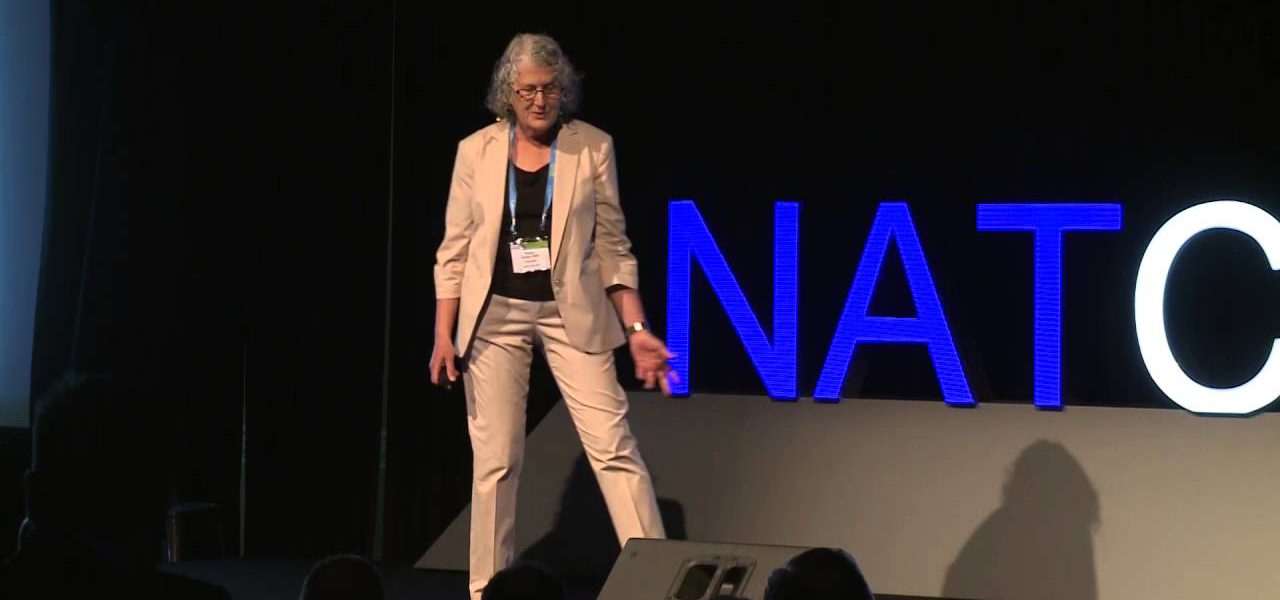ServiceNet, a mental health and social service agency headquartered in Northampton, Massachusetts, had long been a tobacco-free environment when they decided to take it a step further and create a policy to no longer hire smokers.
A potentially controversial decision, Sue Stubbs, ServiceNet president and CEO, knew her staff would have concerns. They suggested that recruiting good people would become more difficult, questioned the legality of such a policy and wondered if it exposed the organization to lawsuits (a non-issue, it turned out, because smokers are not a protected class). Current employees—they feared—would feel threatened. It could breed discontent. Valued staff might even quit working there.
It took ServiceNet two years of extensive research, discussions and focus groups to make the decision to adopt the policy. Stubbs and her staff knew there would be sensitivities and chose a course of action—transparency and communication.
Stubbs went out of her way to meet with employees and assure them that their jobs weren’t in jeopardy and would never be in jeopardy because of the new policy. Current smokers would not have to quit. There would be no additional health initiatives or requirements imposed on them or new hires. Four months before implementation, she sent an email to all staff explaining the policy and emphasizing that smoking was one of the biggest threats to the health and well-being of those they serve. “Put simply, all of the residential support, counseling, family therapy, sheltering, medication services, outreach programs and other supports we offer people to improve the quality of their lives cannot help people who are no longer alive,” she wrote.
On January 1, 2013, when the policy took effect, the announcement was met with silence. The policy was implemented smoothly, without commotion.
A few months later, Stubbs received a surprising email, a thank you note from a woman who had applied for a position at ServiceNet. While she withdrew her application because she was given a promotion at her current job, the no-smokers policy was a wake-up call that smoking could not dictate all aspects of her life. And she quit. She credited the policy with saving her life and improving the quality of her loved ones’ lives. About a year later, she wrote again to tell Stubbs that she still didn’t smoke.
ServiceNet continues to support employees and clients with smoking cessation classes and other resources, recognizing that these supports are essential to helping people take the first step to quit.
Even if your organization isn’t ready to take the same step as ServiceNet, there are things you can do to help your clients and staff quit. Join the National Behavioral Health Network for Tobacco & Cancer Control to get free access to fresh ideas, tools and resources to help your organization go tobacco-free, and follow the conversation on social media with #BHtheChange.
Please note: Since ServiceNet implemented this policy, some states have passed legislation banning discrimination against smokers in hiring policies. Before considering taking this step, understand your state laws.
